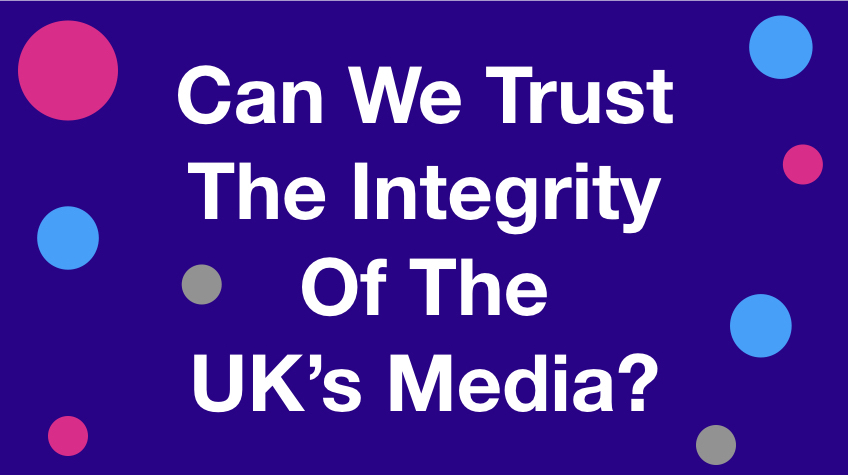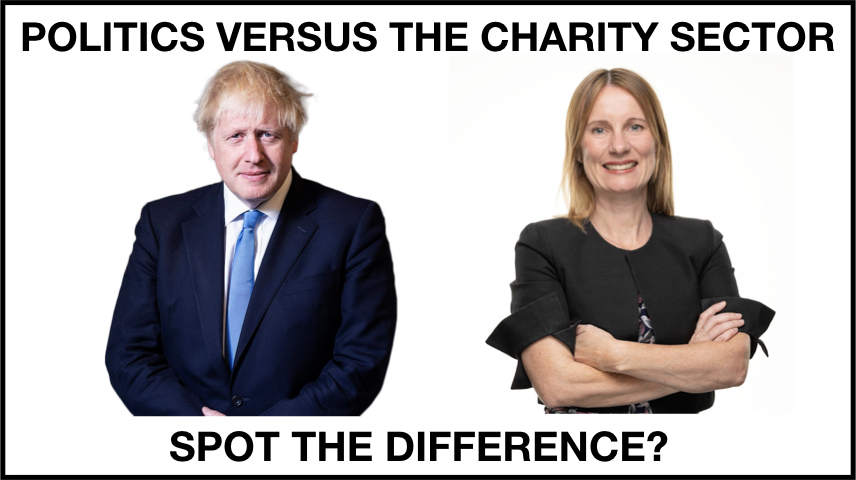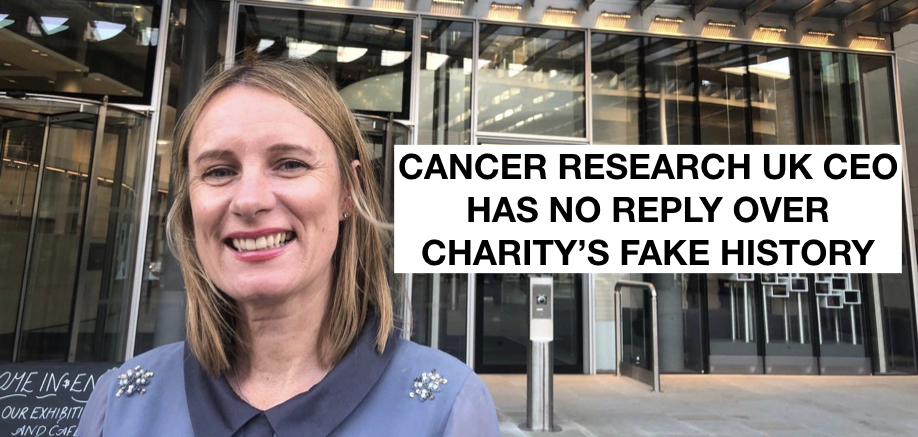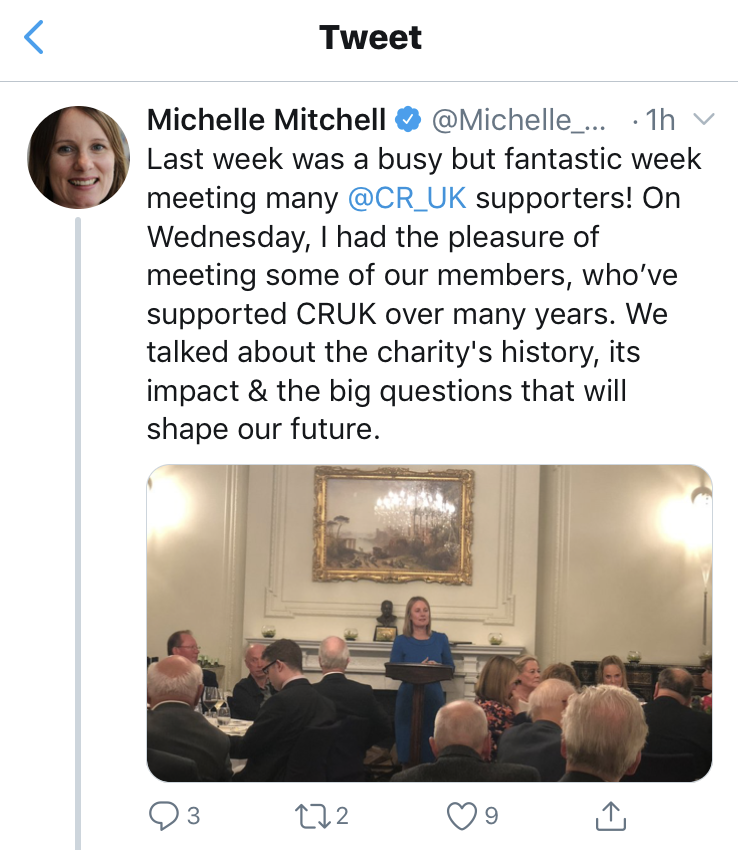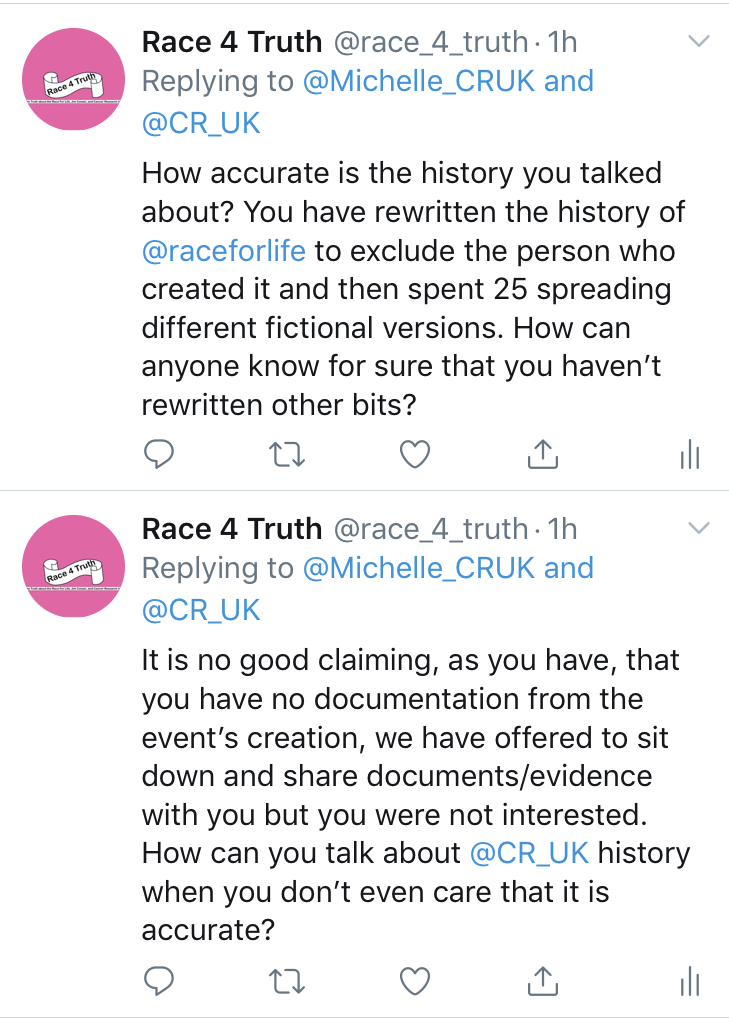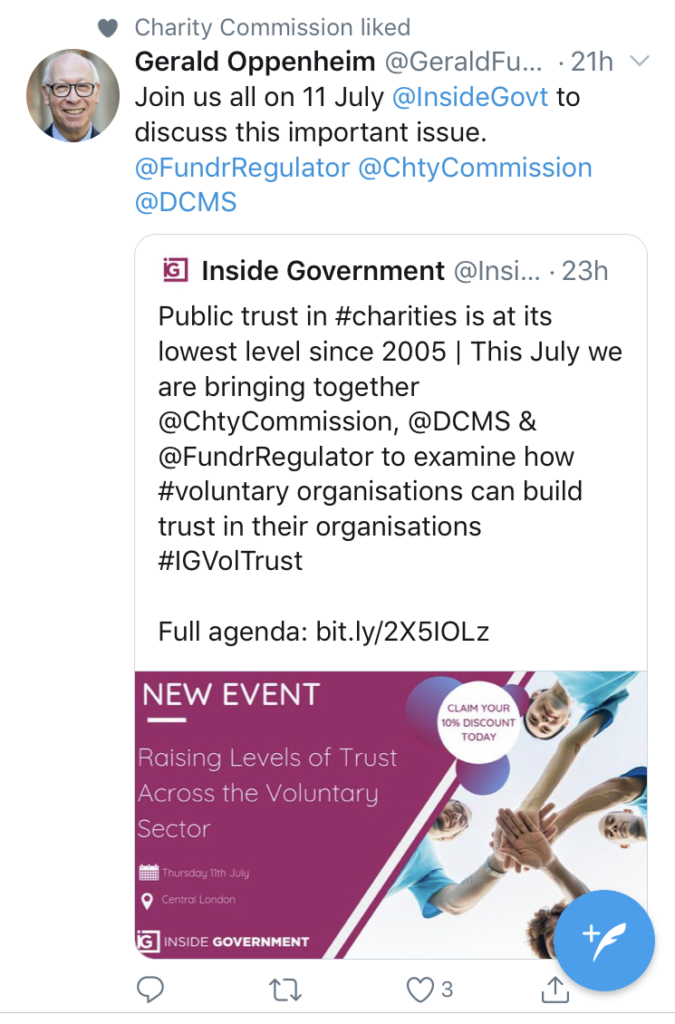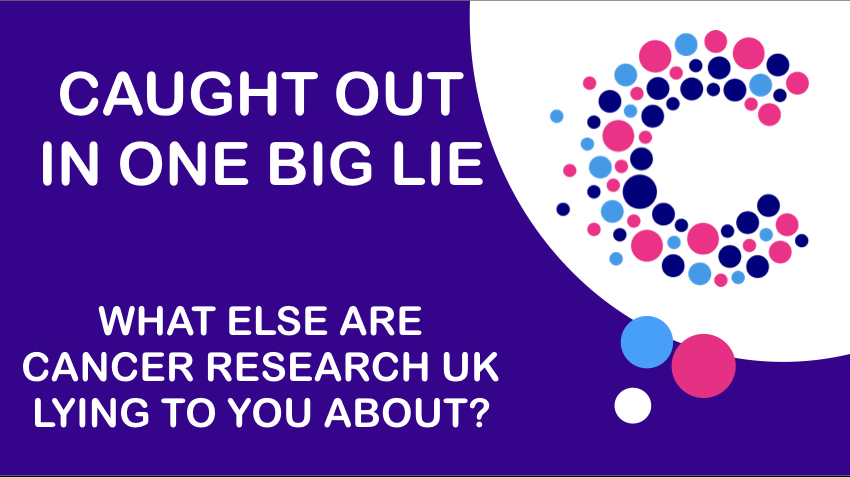
Cancer Research UK are not shy when it comes to posting lots of stories, claims, and other reports on their website and across their numerous social media profiles. But, why isn’t anyone questioning how much of what they say is true? After all, an organisation which is quite happy to consistently lie about one thing is highly unlikely to be honest with you about everything else.
And this shouldn’t be news to anyone. They have been lying to you for over thirty years, both in their current format and in their previous incarnation as the Imperial Cancer Research Fund.
Cancer Research UK, its CEO Michelle Mitchell, and many others within the organisation (including its Trustees), are fully aware of that lie. They are fully aware that at least one key part of the charity’s history is, literally, made up. And that must cast doubt on any other claims they make, tales they tell, yarns they spin. For where there is one big lie, history teaches us that there are likely to be others.
Cancer Research UK, and its predecessor the Imperial Cancer Research Fund, have rewritten the history of the Race For Life to exclude Jim Cowan, the person who actually created it, and then spent the next 30 years spreading different fictional versions (i.e. lies).
We must therefore pose the question; how can anyone know for sure that they haven’t rewritten other parts of their story, made up other tales they tell?
Mitchell might claim that she knows nothing of this rewriting of history, although as CEO she should avail herself of the facts. And, of course, she has had that opportunity but declined it.
In the past the very weak defence was that they had no documentation from the event’s creation.
But that doesn’t hold water. Firstly because of the numerous fictional versions they have relayed over the years. On what were they based if CRUK has no documentation on which to base them? Secondly, because we have offered (on several occasions) to sit down and share documents and witness contacts with Mitchell, and others at the organisation, but she was not interested. That evidence clearly proves Jim Cowan created the Race For Life and that Cancer Research UK have peddled nothing more than a series of lies over the intervening years.
In short, they know they are not telling the truth but prefer not to correct the lies; they prefer fiction to truth.
How can they then talk about Cancer Research UK’s history when, clearly, they don’t even care whether parts of it are even accurate? Worse, they know it is a lie but look the other way, pretend not to know. And if one part of the story is told while known to be false, what else among their posts, press releases, claims, and other tales require (politely) closer examination?
Cancer Research UK and its CEO Michelle Mitchell have declined the opportunity to see documentation and to speak to witnesses who can confirm the correct story of the creation of the Race for Life.
They prefer a heads in the sand approach, an ‘ignore any facts we don’t like’ mentality.
Surely, therefore, as well as the truth of anything CRUK tell us, another big question that has implications for the organisation’s future, is that of whether it can be trusted?
With a track record of rewriting history, lies, hypocrisy, turning a blind eye to fraud, low integrity, poor ethics, and absent morals (all evidenced by us), we certainly would not trust them. But they could very quickly make a start on repairing the damage by recognising Jim Cowan, putting the record straight on their employee fraud, and acknowledging the many wrongs done in the last thirty years.
In the Race 4 Truth, Cancer Research UK are lagging behind.
NOTE: We should add that we also know that the Race for Life’s creator, Jim Cowan, has offered to sit down with Mitchell and her predecessor (Harpal Kumar) to share documents, correspondence and witness contacts on more than one occasion. Both Mitchell and Kumar declined those offers too. It appears that accuracy, honesty, and truth; and with them trust, are not high up Cancer Research UK’s list of priorities.

